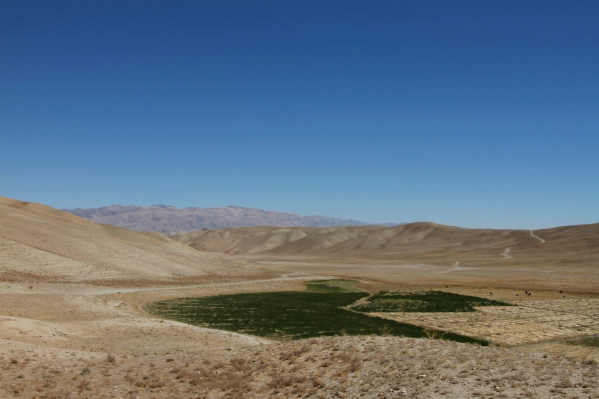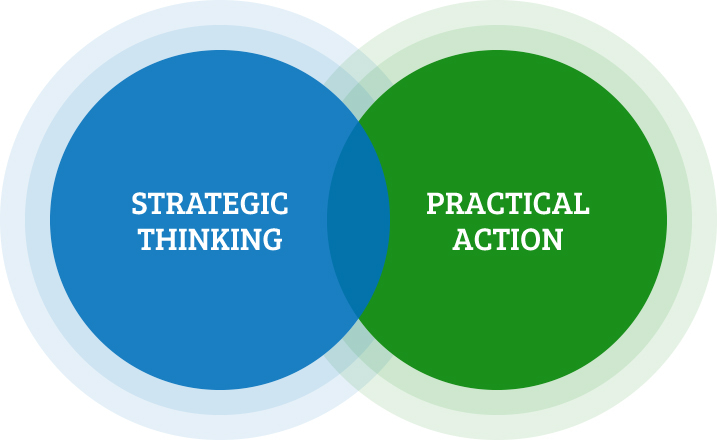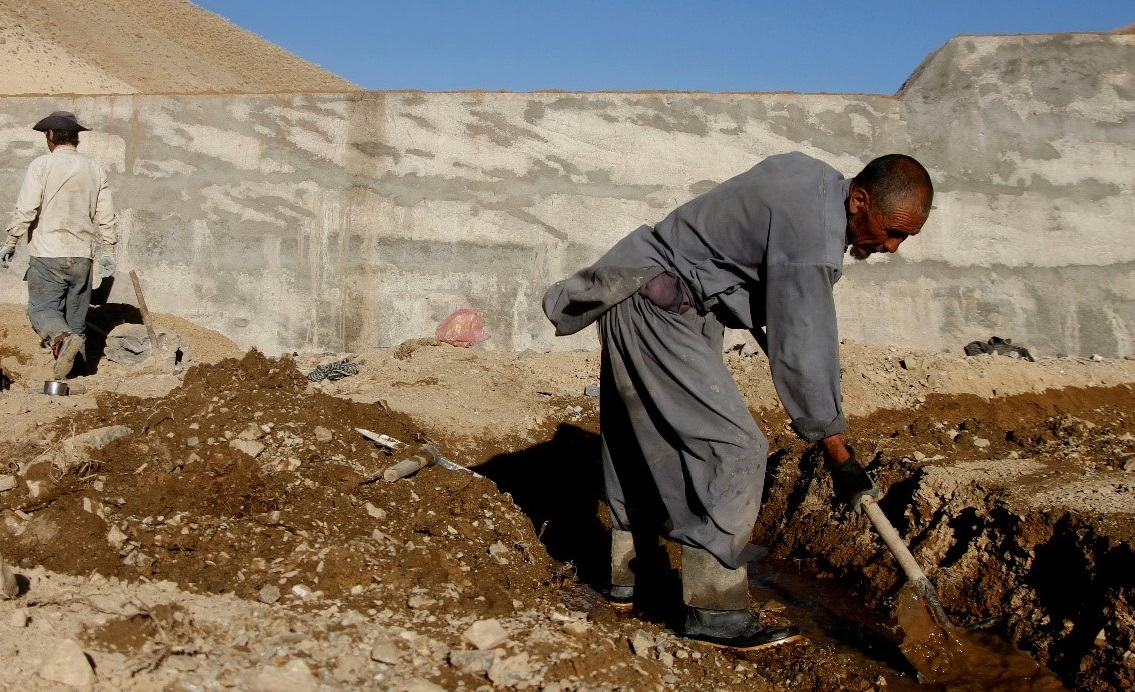News
Improving water security across Afghanistan

Work is under way on the design of interventions aimed at improving water security across Afghanistan’s water challenged provinces.
Right: A rangelands crop in Bamyan Province, Afghanistan.
Funded by the Asian Development Bank (ADB), the Water Resources Development Sector Project will strengthen water resources management in rural areas across up to 25 provinces in Southeast and Central Afghanistan, through the provision of policy support and technical assistance.
Water security is a priority for the Government of Afghanistan as an estimated 79 per cent of the country’s population live and work in rural areas and are dependent on agriculture-related activities. As with elsewhere in the world, access to water is essential for improving crop yields and boosting incomes – or simply providing families with staple foods such as wheat.
Prime has been contracted by ADB to prepare a project design for the Water Resources Development Sector Project in association with its Afghanistan-based subsidiary Koh-e Baba Consultancy Services.
The design team has until April 2021 to finalise a framework, strategy and guidelines for the implementation of several sub-projects that will modernise existing community-based irrigation schemes, demonstrate climate resilient farming approaches and support farmer communities to increase the efficiency of their irrigation systems in terms of water and energy use.
Prime Director for Middle East and Africa Alpha Kennedy says the project presents an exciting opportunity to utilise appropriate modern technologies such as remote sensing for monitoring and improving irrigation systems, which is particularly relevant at present as the Covid-19 crisis affects the way development is delivered to remote and potentially vulnerable communities.
Prime has first-hand knowledge of how the improved application of water can have a tremendous impact upon rural, water-stressed communities in Afghanistan, for which agriculture is essential. Between 2013 and 2014, it led the design and construction of 20 low cost dams in Bamyan Province.
The dams were designed to be built and maintained by farmer groups with little external assistance, with the aim of improving water resource availability for irrigation. After a year of improved irrigation, farmers saw an average increase in crop income of 51 per cent and an average payback period of less than one year.
Above: Community members help construct a check dam in Bamyan Province, Afghanistan in 2014.
Mr Kennedy, who is the Project Director for this assignment, has led infrastructure and services projects in the Gulf Cooperation Council and Central/South Asia regions since 2009. The rest of the design team is made up of technical personnel from both within and outside of Afghanistan, with expertise in irrigation engineering, agriculture, climate change adaption, rural economic analyses, hydrology, social development and environmental science.
Prime has started consulting with several relevant government agencies and institutions and will also seek input from community level farmer groups and water users in Afghanistan to ensure production level needs are appropriately addressed in the project outcomes.
"Community buy-in is essential for the implementation components to be sustainable," Mr Kennedy says. "This means ensuring the development of a holistic framework that combines infrastructure delivery with farmer mentoring, incorporates social and gender considerations into project design and utilises advancements in remote sensing to select implementation points that offer the greatest benefit to the community."
For more information on the Water Resources Development Sector Project, visit the ADB project overview.




